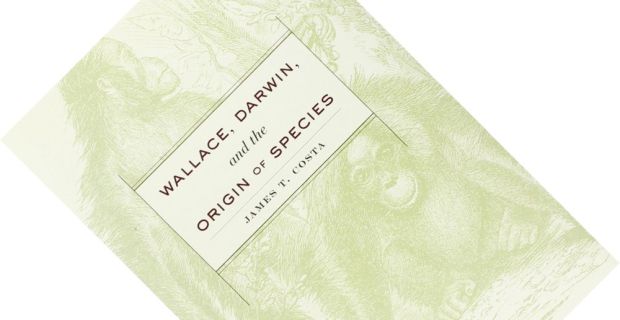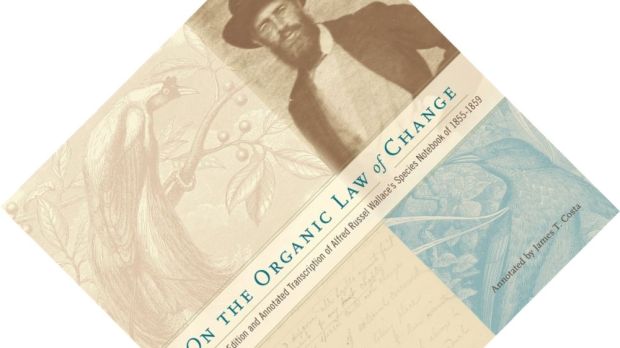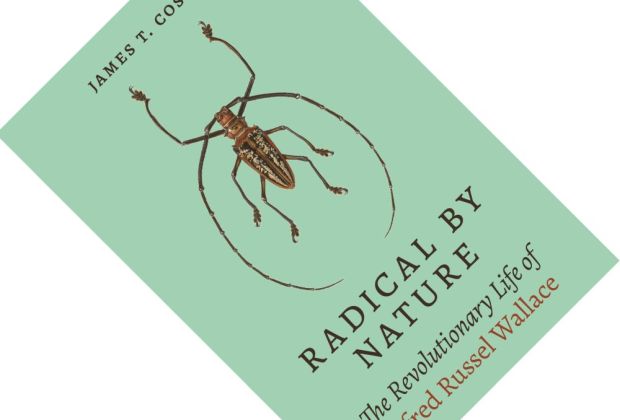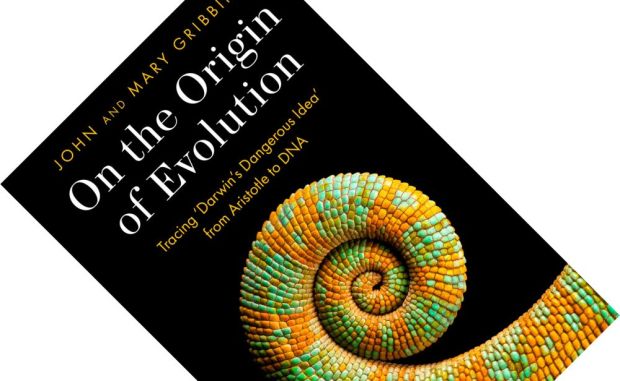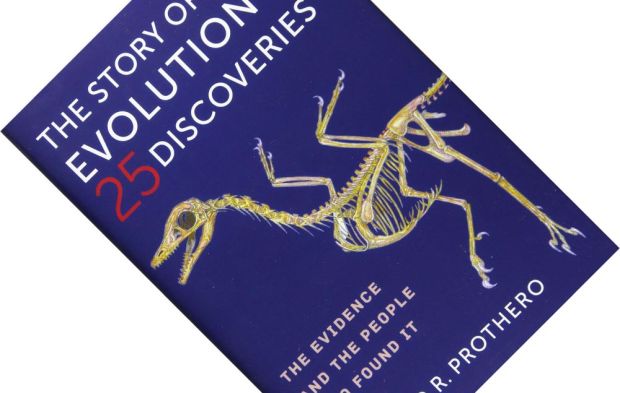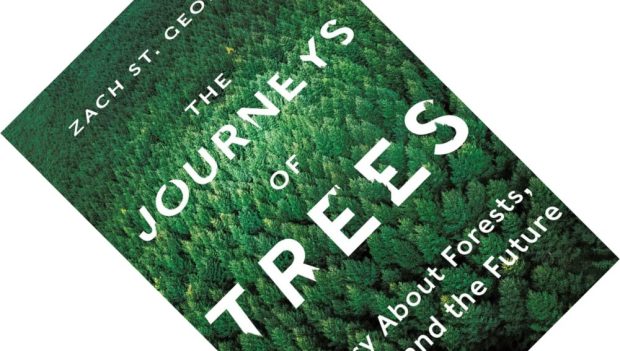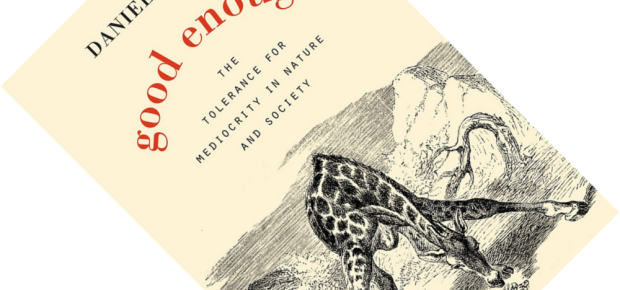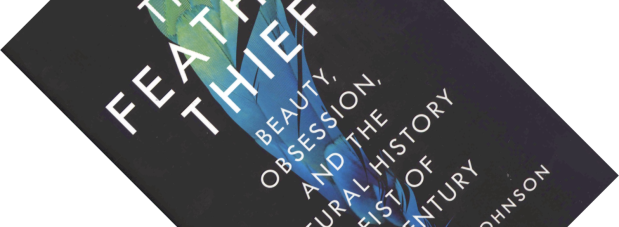9-minute read
keywords: evolutionary biology, history of science
Having just reviewed James T. Costa’s biography of Victorian naturalist Alfred Russel Wallace, I was keen to read more about one of the most remarkable episodes in the history of science: how two scholars independently hit on the same idea and how history has largely forgotten one of them. Wallace, Darwin, and the Origin of Species brings together many lines of evidence and analysis to argue that Wallace deserves recognition on the same footing as Charles Darwin as the co-discoverer of evolution by natural selection. This is a companion book to On the Organic Law of Change, presenting an analysis of this crucial notebook that Wallace kept during his travels around the Malay archipelago. Hence, you are getting a two-for-one as this review continues the previous one.

